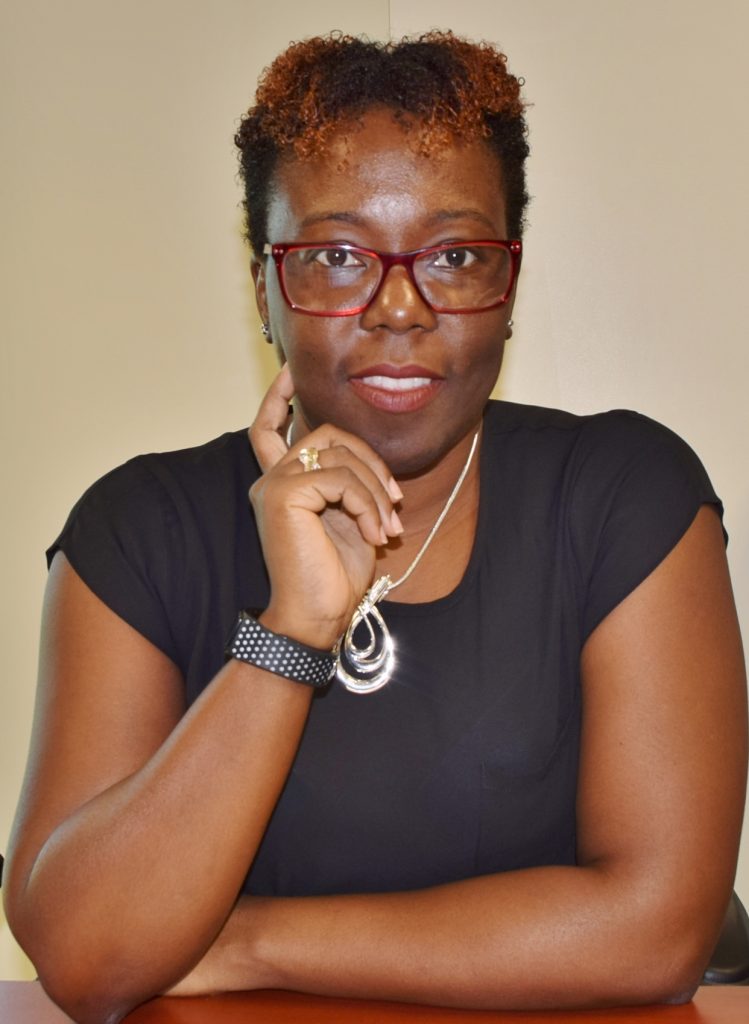CROSQ’s campaign to increase the use of quality systems in the energy sector gained momentum in November when it launched a digital awareness drive as part of its CARICOM Energy Efficiency (CEE) Labelling Programme.
The campaign comprised of videos, articles, and other digital products such as flyers, posters, infographics and other fact sheets about energy, climate change, and specifically the CEE Labelling Scheme, which involves four specific countries.
The products were produced under three separate projects – the Technical Assistance Programme for Sustainable Energy in the Caribbean (TAPSEC), funded by the European Union; the Energy for Sustainable Development in Caribbean Buildings (ESD), which has since concluded, and the Quality for Sustainable Energy in the Caribbean (QSEC) Project, with the German Government and PTB.
CROSQ’s Technical Officer, Quality Promotions, Ms. Latoya Burnham, who conceptualized the campaign, alongside the piloting member states in the scheme, namely Belize, Jamaica, Saint Lucia and Trinidad and Tobago, explained it targeted specific stakeholders.

“There were three primary groups targeted in this campaign. The first was the consumers, because they are the ones we want to see and understand the labels and use them to make purchasing decisions, and are therefore a critical part of the cycle. The second was the high energy users like schools, factories, hospitals, hotels. These are the ones we want to urge to think about their practices and how they can utilize energy efficiency as a first step to reducing their costs. We know renewable energy is a big watchword again, but efficiency can be a first step to considering what can be done now, immediately. It also means a great deal for our government budgets on fossil fuels and also our environment to reduce this usage, which is where most islands’ electricity generation comes from.
“The final target was the group we refer to as the industry stakeholders. In the context of our CEE Labelling Scheme, these are our partners – the manufacturers, retailers, importers of the appliances to which the labels will be applied. Those appliances are lighting products, refrigerators and freezers, and air conditioners. We want to encourage them to join with us and see the benefits in the partnership,” said Ms. Burnham.
The labels, she noted, were based on the Minimum Energy Performance Standards created for each of the appliances, with specifications for the labelling information which should be applied. The requirements of the standards for the appliances dictated what information would obtain on the labels and therefore the piloting countries are designing their national labelling programmes with this in mind, as well as the partnerships needed to make the entire regional scheme work.
CROSQ and its various funding partners are still working with respective piloting states to bring them to the point of readiness to have labels in the stores on appliances with information that applies specifically to the Caribbean region. It is why testing centres in Jamaica and Trinidad and Tobago also form part of the piloting of the scheme.
“We are still assessing the analytics and response to the campaign in which the piloting countries also played a part by sharing the information and reengaging their stakeholders. We’ve definitely seen an increase in interest in what we are doing and we’ve also had contact from overseas entities wanting more information on the labelling standards; about the implications and how they need to prepare, and also wanting to talk to us about this link between what we are doing and climate change. So just by those queries and requests alone we can see there has been impact.
“What we want to do now is fully assess what more needs to be done in terms of information that our target groups still want and how we can plug any gaps realized after the analysis is completed on what we’ve done throughout the entire month of November,” said Ms. Burnham.
The CEE Labelling Scheme is one aspect of CROSQ’s energy mandate, which also included the creation of the CARICOM Regional Energy Efficiency Building Code, and could also see the addition of more energy efficiency standards for things like solar water heaters and photovoltaic panels in the future.

